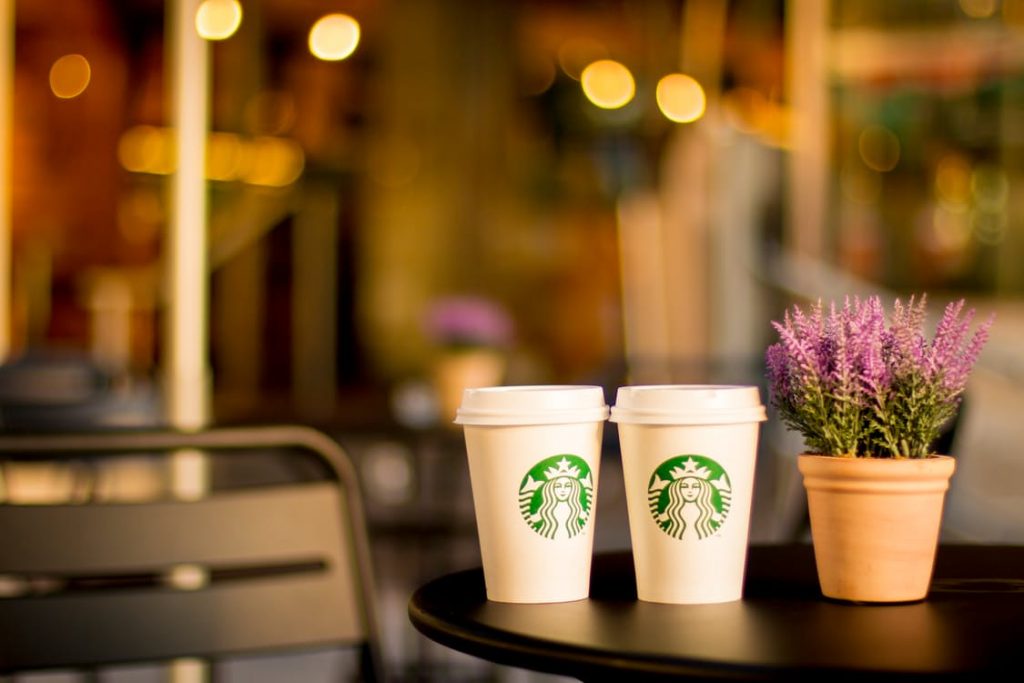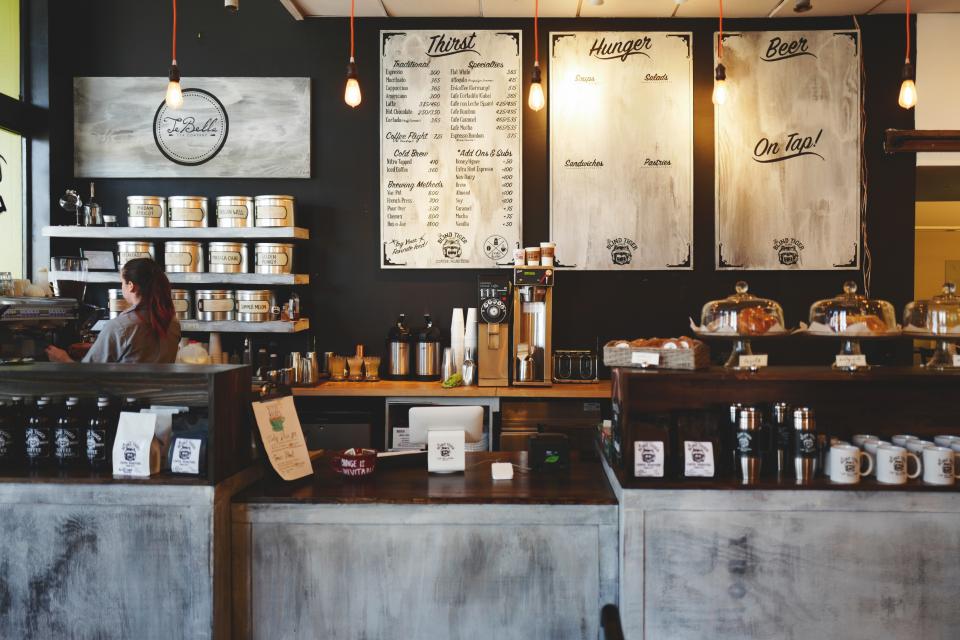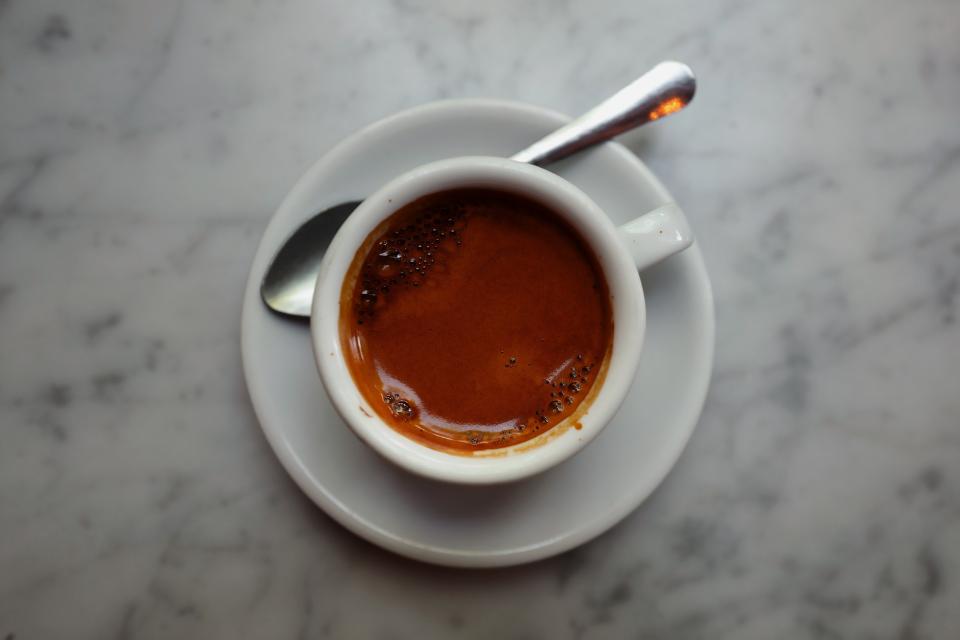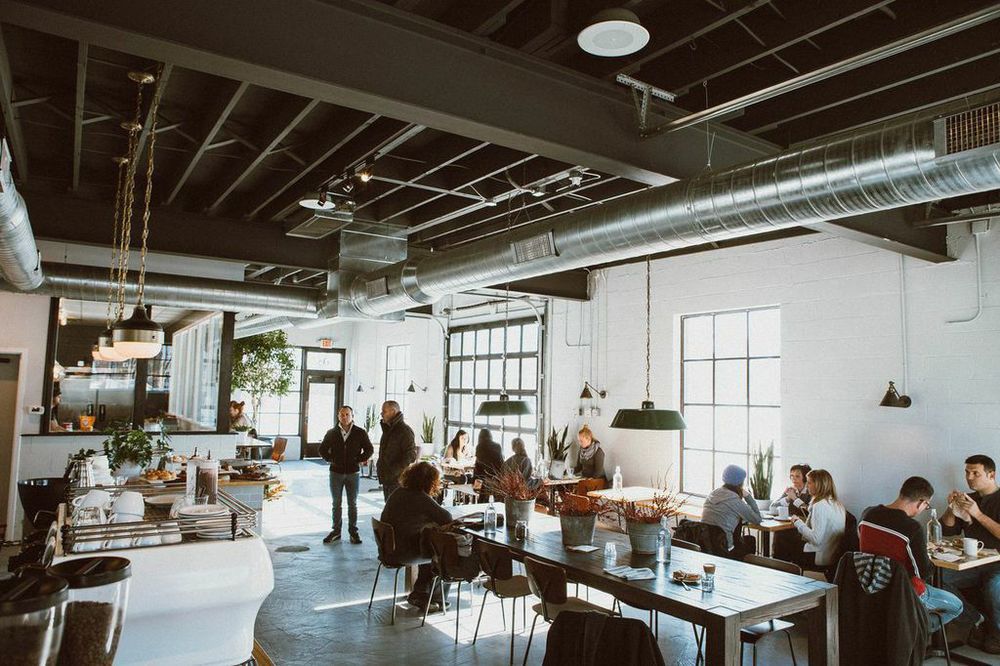In the face of Starbucks' march, what will Italy do with a deep coffee culture?
For professional baristas, please follow the coffee workshop (Wechat official account cafe_style)
Starbucks, a well-known multinational, recently announced with ambition that it would open 200 to 300 stores in Italy if all goes well.
Next summer, Starbucks will open its first stores in Milan and Rome, followed by four more in those two cities, with 100 stores expected to be on display in Italy by 2023, The Telegraph reported. "if the market reacts well. Antonio Percassi, a former Italian footballer who later became an entrepreneur, announced the news at a press conference in Milan a few weeks ago.
Percassi is the driving force behind the introduction of well-known Victoria's Secret and Zara agents into Italy. We are now discussing with Starbucks executives how to make coffee more in line with Italian tastes, and we are full of confidence in this plan.
Italy's deep coffee culture is the inspiration of Starbucks. During a trip to Italy in the 1980s, Howard Shultz, chief executive of Starbucks, said he was "attracted by Milan baristas, Italian spirit, enthusiasm, friendliness and taste." He understands that the task of entering Italy is a big deal, saying that these branches will have "exquisite detail and full respect for Italian coffee culture." "

Another point worth noting is the market price. Coffee from local stores is generally much cheaper than Starbucks, with a cup of espresso about 1 euro (about NT $32) and a cappuccino as low as 1.40 euros (about NT $45).
But this is not the first time a multinational company has entered Italy. In 1986, McDonald's first set up a site in Rome, Italy, which sparked mass protests, which led to the slow Food campaign launched by Carlo Petrini, but "Big Mike is now as much a dietary choice for local children as pizza and spaghetti." "said Lee Marshall, a travel writer for Telegraph.
"Starbucks will be in the same situation. Tourists who come here will go there because people like the brands they are familiar with. The Italians might go there for Wi-Fi, too. However, Starbucks will not replace the coffee bars on the streets of Italy, as if they exist in parallel time and space. "Marshall also warned:" but Starbucks had better make the coffee. Once you accidentally make espresso too hot, the locals won't give it a second chance. "

Luigi Ordello, president of the International Coffee Taste Organization (Institute of International Coffee Tasters) in Italy, agreed: "if the coffee sold by Starbucks here is not integrated into Italian habits, it will not pose a threat to local coffee shops in Italy." "
Although Italian tourists and Americans are optimistic about it, locals and businesses do not agree. One restaurant owner also described Starbucks' foray into Italy as disgusting and felt that locals were very protective of their coffee culture and that it should be difficult for Starbucks to gain a foothold.
"I would never give up Italy for American coffee. "said Alice, an Italian student who loves coffee.
This is reminiscent of the love and hatred between Starbucks and Australia. Starbucks opened its first store in Australia in Sydney in 2000 and has since expanded 84 locations on the east coast of Australia. As a result, eight years later, Starbucks lost more than $100.004 million and was forced to close 60 stores.
What causes it? It may be due to Italian and Greek immigrants who came to Australia in the 1950s. Australia's understanding of coffee aesthetics is much earlier than that of the United States. So although Starbucks introduced the United States to European coffee, to Australians, it was just a belated uninvited guest.
Starbucks is revolutionary for the United States because the local market is used to filter coffee. "Australia has already established an espresso-based coffee culture, so Starbucks is competing for coffee quality that is similar to or even better than it," said Tuli Keidar, a Mecca Espresso roaster at Sydney Coffee. "


There are numerous cases of culture shock encountered by multinational enterprises everywhere. For example, when McDonald's entered India, it launched vegetarian hamburgers aimed at the large vegetarian population there, and there were public protests over the use of butter French fries.
Whether the reason for protest is cultural identity or religious reasons, people come forward because they care about what they eat. Such a spirit is really valuable.
Important Notice :
前街咖啡 FrontStreet Coffee has moved to new addredd:
FrontStreet Coffee Address: 315,Donghua East Road,GuangZhou
Tel:020 38364473
- Prev

This is not in Universal Studios? From the Harry Potter Cafe in Singapore
Professional barista communication Please follow the coffee workshop (Wechat official account cafe_style) attention Muggles, if you want to be a wizard for a day to explore the magical world, do you just want to get Universal Studios? Check out Platform 1094, the latest hot coffee shop in Singapore. According to sethlui and lonelyplanet, this Platform 1 is located in 1094 Serangoon Road.
- Next

Alternative business model: cafes without wi-fi
Professional barista Communication Please follow the coffee shop (Wechat official account cafe_style) over the past few years, as soon as you walk into the cafe, it is not difficult to find many people staring at their laptops and focusing on their work. Most cafes provide wireless Internet service for the convenience of their guests. When ordering food, they ask by the way, "what is the wi-fi password?" "it must have become a lot.
Related
- What documents do you need to go through to open a coffee shop? coffee shop coffee shop certificate processing process
- How to purchase Coffee beans in small Cafe how to choose a suitable supplier for domestic Coffee supply Company
- How to drink Starbucks Fragrance White Coffee? how to make Australian White Coffee? what Italian coffee beans are recommended?
- The Story of Flora Coffee: the name of Flora Coffee Bean and the implication of the Flowers on Florna Coffee
- How much does a cup of coffee cost? How much is the profit of a cup of coffee? What is the profit of the coffee shop in a year?
- Yunnan small Coffee, known as "fragrant Coffee", introduces the characteristics of Alpine Arabica Coffee producing areas in Yunnan, China
- 2023 latest Starbucks full menu price list how much is a cup of Starbucks coffee what is better to drink the most popular hot and cold drinks recommended
- Starbucks different kinds of Coffee Price list Starbucks menu 2023 Top Ten Best drinks in Starbucks
- Starbucks Spring praise Comprehensive matching Coffee Bean theme Story Packaging implication and taste description
- The cost of a cup of coffee latte American coffee cost price and selling price

